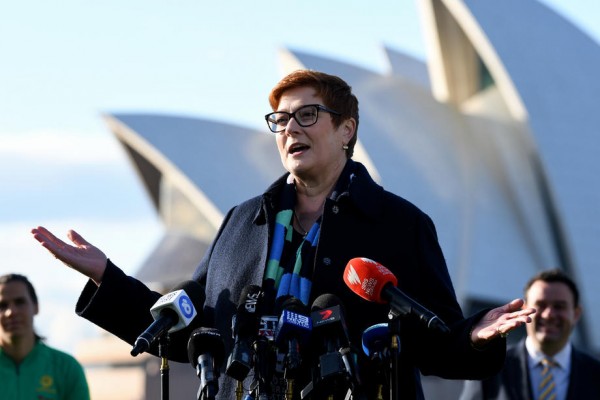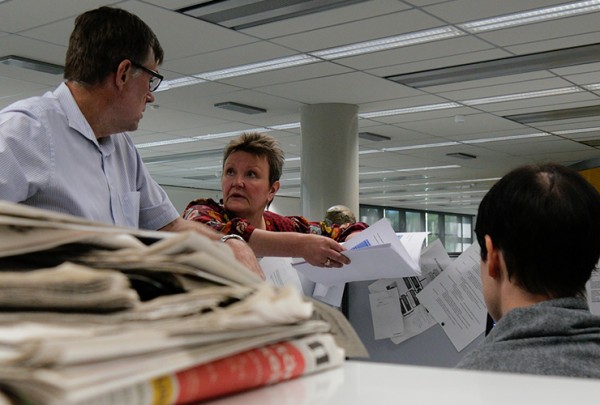Joel Fitzgibbon, the government’s chief whip, called for stronger privacy laws and greater government regulation in an effort to raise media standards, after a news channel had knowingly broadcast false allegations made against Labor MP Craig Thomson.
The scandal involving a prostitute had been reported by Channel Nine, despite the woman’s recanting of her own story three days prior to the broadcast. Labor MPs were quick to condemn the tabloid mentality of current affairs shows and called for stricter regulation of the media at large, The Guardian reported on Sunday.
“This sort of journalism is not the right path for Australia. There are two key initiatives in the pipeline, the establishment of a tort of privacy and greater government regulation of our media. And I think this gives weight to the government pursuing those initiatives with a great deal of enthusiasm,” Fitzgibbon said on ABC Radio National last week.
IPI’s Acting Deputy Director, Anthony Mills, said: “The government response to any perceived ethical transgression by the media should never be a move toward statutory regulation, which ultimately narrows the scope for investigative/watchdog journalism – the pillar of any healthy democracy. We are very concerned at this development and urge the Australian government to preserve the country’s position as a bastion for freedom of media.”
The Thomson affair highlights the great divide between media professionals, politicians and academics in ongoing debates on media ethics in the country.
Following the Leveson inquiry, which is investigating the News of the World phone-hacking scandal in Britain, a similar, independent inquiry into media standards was launched in Australia, led by judge Ray Finkelstein. The report that was produced as part of the investigation recommended the setting up of an independent media watchdog, a government-funded News Media Council, which would have the power to adjudicate on journalistic ethics and force the media to answer to the courts.
However, the report caused a rift between media professionals and media academics. The proposed implementation of a News Media Council garnered praise from leading academics in the field, while causing alarm among Australia’s main news companies, Fairfax Media, News Ltd, APN News and Media and West Australian Newspapers, who feared a clamp down on free speech.
Campbell Reid, editorial director of Rupert Murdoch’s News Ltd, rejected the report and said in response that “the government has to do the hardest thing for all governments to do: keep their hand away from the regulatory button”.
Matthew Ricketson, an academic at the University of Canberra and assistant to judge Finkelstein during the inquiry, warned politicians of using the Thomson scandal “for their own political reasons.” He added: “You don’t want a government to come in and say what journalistic standards should be. We don’t need a government reinventing the wheel on journalistic standards – that would not be appropriate,” The Guardian reported.


